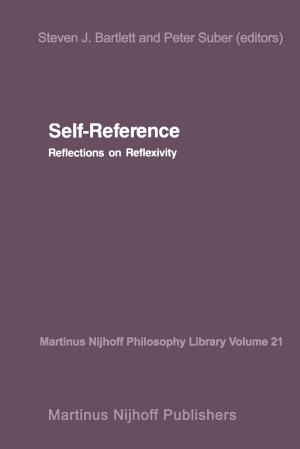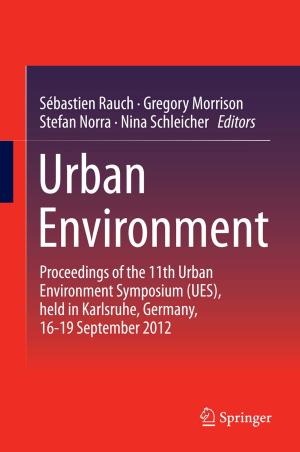Schooling for Sustainable Development in Canada and the United States
Nonfiction, Science & Nature, Science, Biological Sciences, Environmental Science, Nature, Reference & Language, Education & Teaching| Author: | ISBN: | 9789400742734 | |
| Publisher: | Springer Netherlands | Publication: | July 26, 2012 |
| Imprint: | Springer | Language: | English |
| Author: | |
| ISBN: | 9789400742734 |
| Publisher: | Springer Netherlands |
| Publication: | July 26, 2012 |
| Imprint: | Springer |
| Language: | English |
Education for sustainable development (ESD) presents an intriguing challenge in developed countries. The very notion of sustainable development may appear to be at cross-purposes with the social and political aims of large industrial economies. Yet, arguably, the residents of wealthy countries may be most in need of new ways of thinking and behaving on an increasingly more fragile and crowded planet. This book presents a collection of essays that capture the depth and diversity of education for sustainable development (ESD) work in formal education in Canada and the United States. Many of the authors are pioneers in the field of ESD, not only in their own countries but internationally. In this book, they share their expertise, lessons learned, and insights into the ongoing success of their work. The essays reflect leading edge practice, innovation, and depth of experience and provide clear models and strategies for expanding the application and influence of ESD in wealthy countries. The ESD programs described in the book are relevant and culturally appropriate for the specific locally contexts in which they are found but also in the larger context of ESD writ large as a planetary endeavour.
Education for sustainable development (ESD) presents an intriguing challenge in developed countries. The very notion of sustainable development may appear to be at cross-purposes with the social and political aims of large industrial economies. Yet, arguably, the residents of wealthy countries may be most in need of new ways of thinking and behaving on an increasingly more fragile and crowded planet. This book presents a collection of essays that capture the depth and diversity of education for sustainable development (ESD) work in formal education in Canada and the United States. Many of the authors are pioneers in the field of ESD, not only in their own countries but internationally. In this book, they share their expertise, lessons learned, and insights into the ongoing success of their work. The essays reflect leading edge practice, innovation, and depth of experience and provide clear models and strategies for expanding the application and influence of ESD in wealthy countries. The ESD programs described in the book are relevant and culturally appropriate for the specific locally contexts in which they are found but also in the larger context of ESD writ large as a planetary endeavour.















